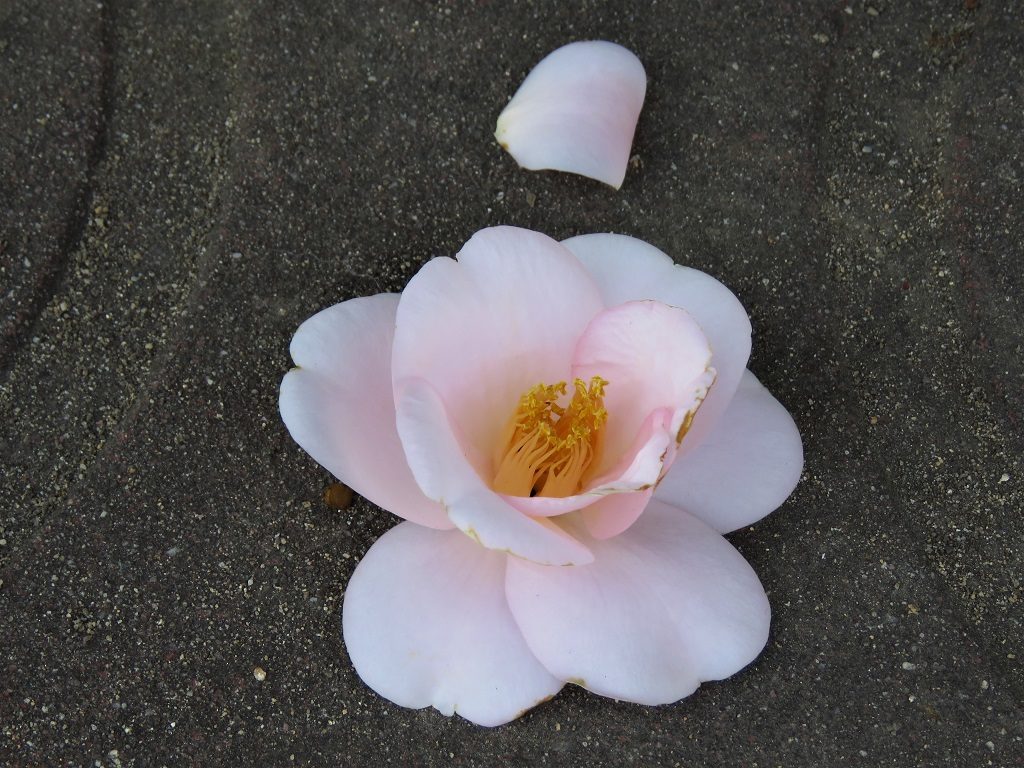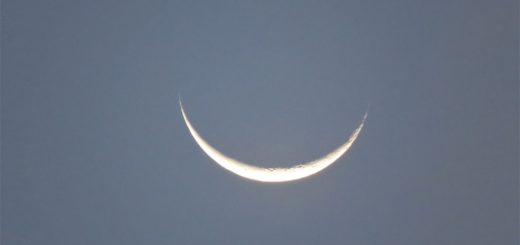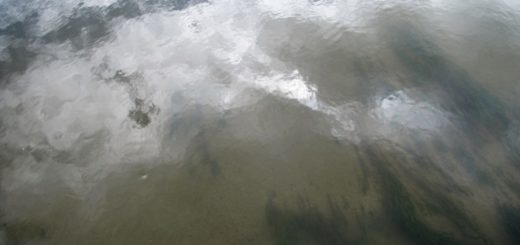Sunday Reflections On Death
Every human being who was ever born on this planet has either died or is currently in the process of dying. Those currently in the process of dying will certainly complete their process successfully, if the entire history of all living species is any grounds for prediction. To approach life, then, as though the avoidance of death were the primary goal or ultimate good of human existence, is to live in defiance of the single most unavoidable and self-evident certainty of life. In other words, to make the avoidance of death the meaning of life, the ruling principle of social organization, and the definition of good government, is to reject life itself while calling this rejection living. This is not merely cowardice, but the acme of irrationality.
Humans, needless to say, have no naturally determined lifespan, from which it follows that in strict terms, all death may be deemed premature — from which, in turn, it follows that no death may be deemed premature, lest “premature death” be a category as empty as Schelling’s absolute, which Hegel famously denigrated as “the night in which all cows are black.”
Case in point: John Keats died of tuberculosis at twenty-five years of age. A great many humans, by contrast, have lived more than four times that long. But how many of those centenarians ever attained as much spiritual development, genuine learning, self-discovery, and productive endeavor of lasting human worth as Keats had attained even before his twenty-fifth birthday? Is it appropriate to say that Keats “died prematurely,” while those who survived to a hundred and twenty without ever reflecting deeply on the meaning of Greek civilization or the exhilarating pain of yearning “lived a full life”?
Perhaps the solution, then, is to confine the phrase “premature death” to a more literal meaning, namely death prior to having achieved maturity. Applied this way, we would see that, at least beyond the years of biological childhood, the concept of premature death depends much less on how long an individual lives than on how the individual lives. This would clarify the relative worth of protecting or prolonging material existence as such, seen against the context of achieving human maturity in the post-biological sense of the term.
Might not a race that reduces itself to “holding on for dear life” more truthfully be described as holding on for mere death?



